 |
| Jeff Wu |
On Friday 20 January 2023, the Guildhall String Ensemble returns to Milton Court Concert Hall directed by violinist Jonathan Morton (artistic director and leader of the Scottish Ensemble and principal first violin of the London Sinfonietta).
The programme consists of works by American and English composers, Elgar’s Introduction and Allegro and Tippett’s Concerto for Double String Orchestra are showcased alongside Caroline Shaw's Punctum, Jessie Montgomery's Strum and Starburst and George Walker's Lyric for Strings, in an evening celebrating the breadth of string composition and performance over the last century.
The ensemble is made up of string players from the Guildhall School of Music and Drama, and violinist Jeff Wu, who will be leading the second violins, has written us a piece about working on the concert.
I have been playing the violin since I was six and I'm turning 25 this June… so, it's been 19 years! After finishing school, I auditioned for all the music colleges in London, and I found the course at Guildhall to be the most interesting. I felt that Guildhall School adapts to each student very well, and I was also really drawn to the violin professor with whom I wanted to study, as well as the Chamber Music department.
In the Guildhall String Ensemble concert this Friday, I'm leading the second violins for most of the programme and leading the second violins in the first orchestra for Michael Tippett’s Concerto for Double Orchestra. There are a lot of pieces, and I'm very much enjoying working on the repertoire: it’s a contrasting but also very balanced mix of works.
The concert opens with a classic: Elgar’s Introduction and Allegro, which I'm sure the audience will recognise. I think this piece is unique in the sense that you need to have played it to understand how different it is on the page compared to how you hear it, because all the tempi are completely varied, and everybody does it differently! But also, there's so much tradition – in a very good way, of course; Elgar’s writing is just so heart-on-sleeve.
And then there's some slightly more “out there” stuff, like the Tippett Double Concerto. You can find many different influences within that piece and I’ve enjoyed exploring the propulsive rhythms, and also the interesting ways he handles tonality.
We're also playing some newer works which I’m really excited about: Caroline Shaw’s Punctum, and two pieces by Jessie Montgomery, which are really cool – they've got some not-so-Classical influences, and some great rhythms. I already knew about Jessie Montgomery: that she did a lot of work for charity, and also supports a lot of work from a great variety of cultural backgrounds. I think it's great that we're including music by contemporary composers in this concert. It’s a personal interest of mine to play modern music, so I've been really excited about the rehearsal process.
It's been brilliant working with Jonathan Morton. He's very cool, very calm, but also effective and straight to the point, which is great. Sometimes, when you work with somebody of a high profile, you do feel like they’re very aware of how successful they are. But for Jonathan, it's completely not like that. As it’s a relatively small ensemble – 28 players – he’s made us all feel like we have the room to speak up and ask questions, and to discuss things from a very equal and respectful point of view.
I really enjoy being directed by a violinist. I’ve worked in this kind of ensemble set-up quite a lot before, both at and outside of Guildhall School, and I like how it’s much more like chamber music compared to playing in a large orchestra with a conductor. The onus is really on each player to listen to what's going on around them and to make contact with people across the other side of the ensemble, and to watch the leader. I think everybody is just much more engaged in that way. In rehearsal, it doesn't feel like Jonathan’s talking down to the orchestra and separate from it – he very much feels like part of it.
I think there's something for everyone in this concert, and I hope many people come along to enjoy it.
Guildhall String Ensemble will perform at Milton Court Concert Hall on 20 January at 7pm. The ensemble will be directed by Jonathan Morton, in a programme of Elgar, Tippett, Caroline Shaw, Jessie Montgomery and George Walker. Full details from the Guildhall School's website
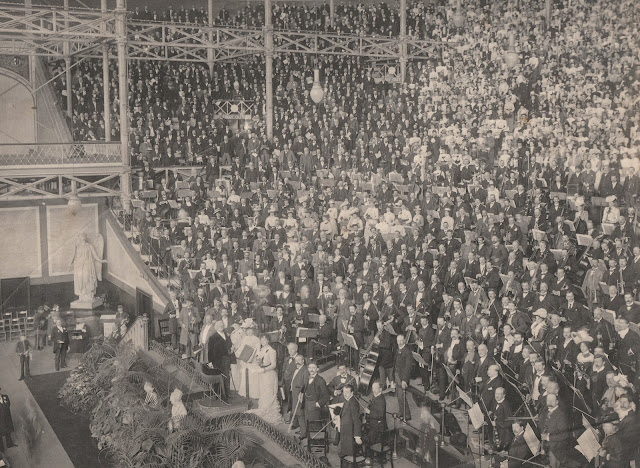

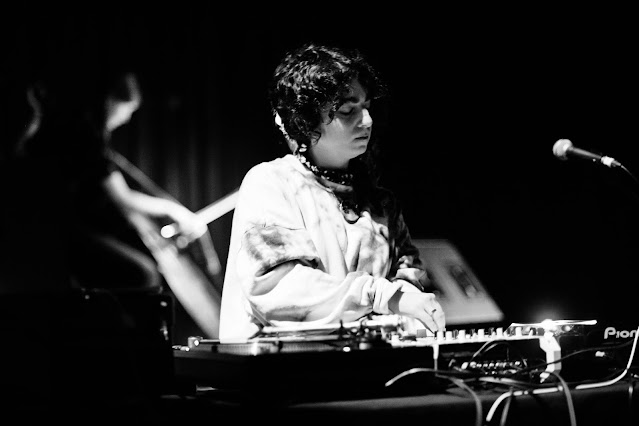
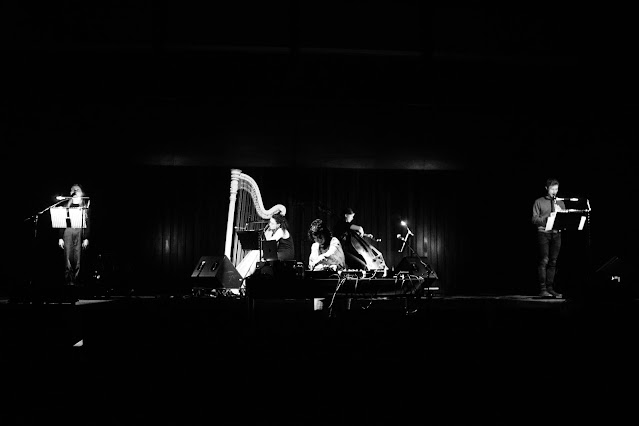

.jpg)




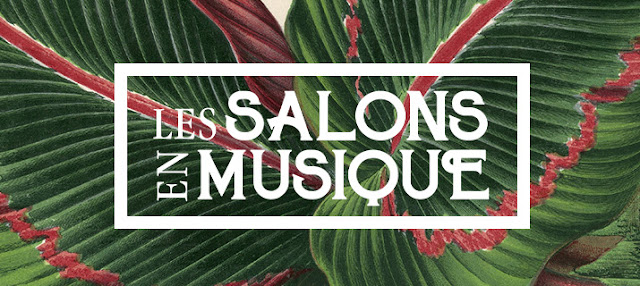

,%20Franco%20Fagioli%20(Poro),%20Maayan%20Licht%20(Alessandro)%20in%20Vincis%20Alessandro_%20Akt%201_(c)_Falk%20von%20Traubenberg.JPG)
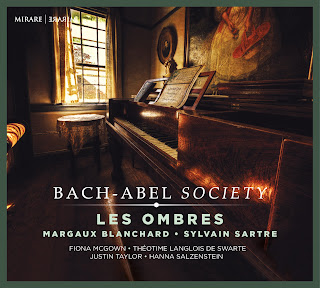
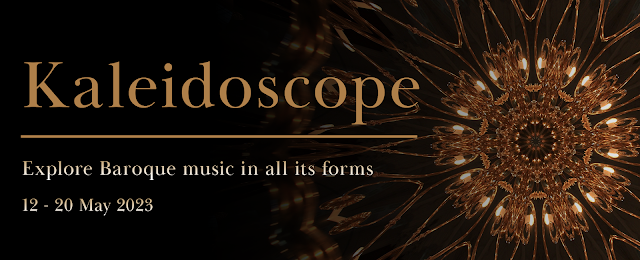
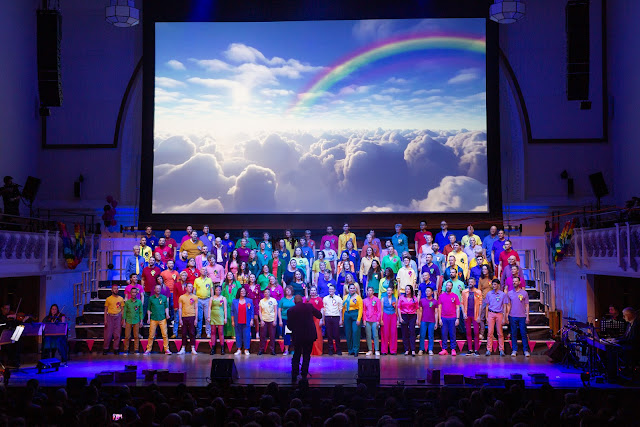

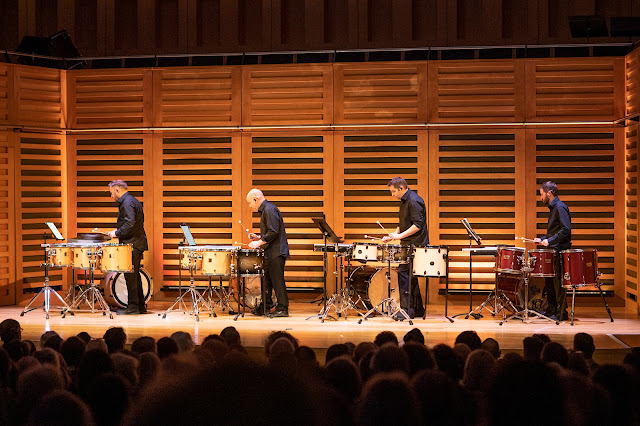
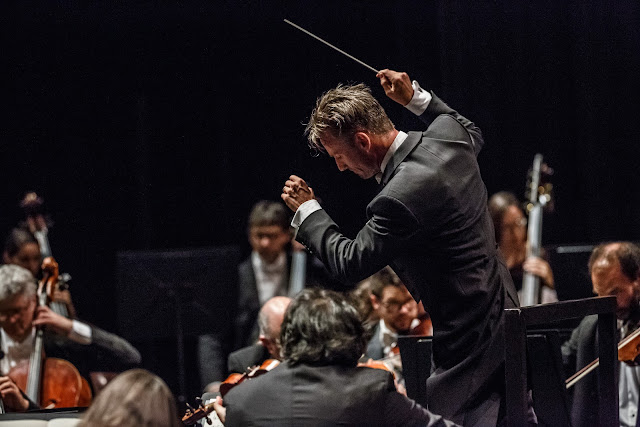
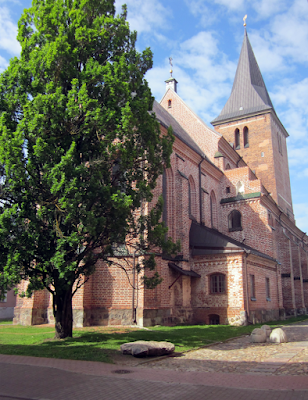

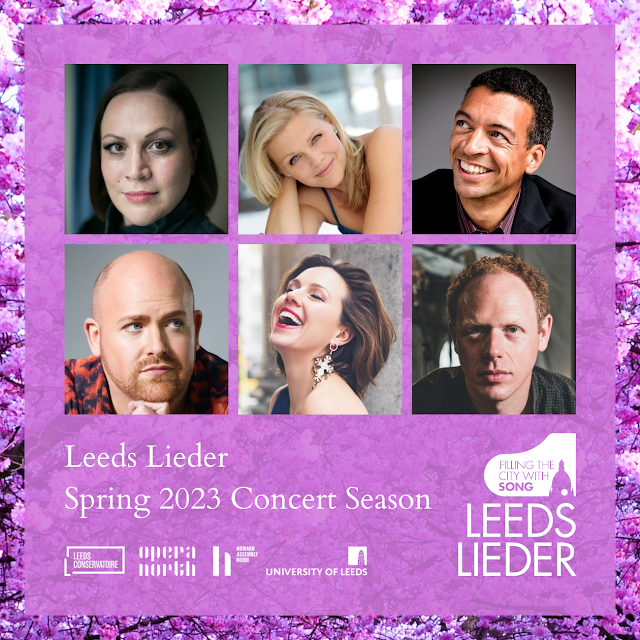


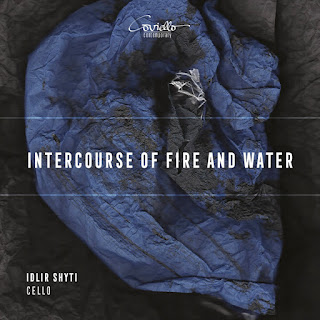
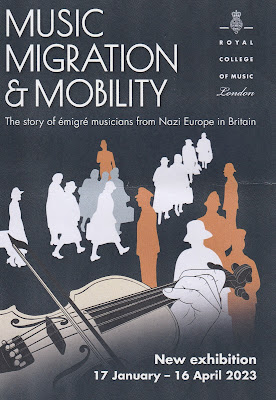
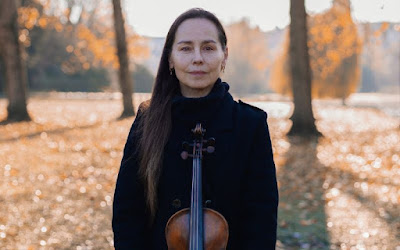
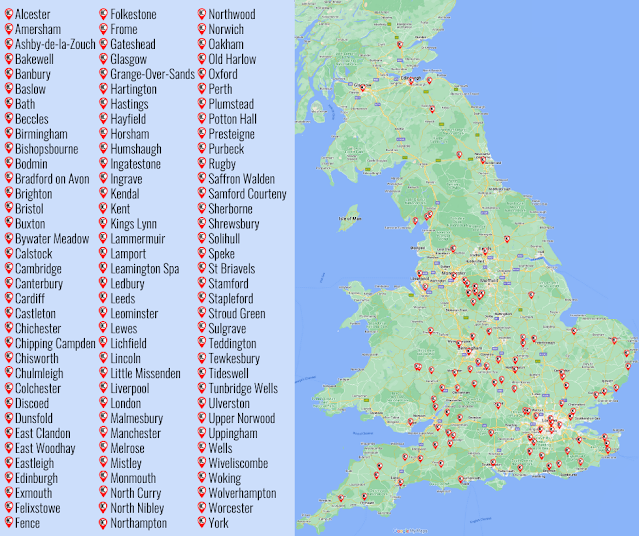

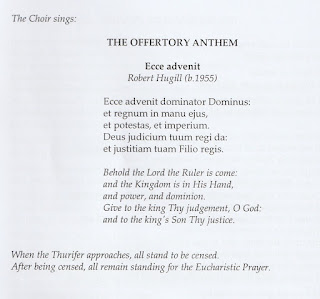

.jpg)

%20Ali%20Wright.jpg)

%20Ali%20Wright.jpg)





